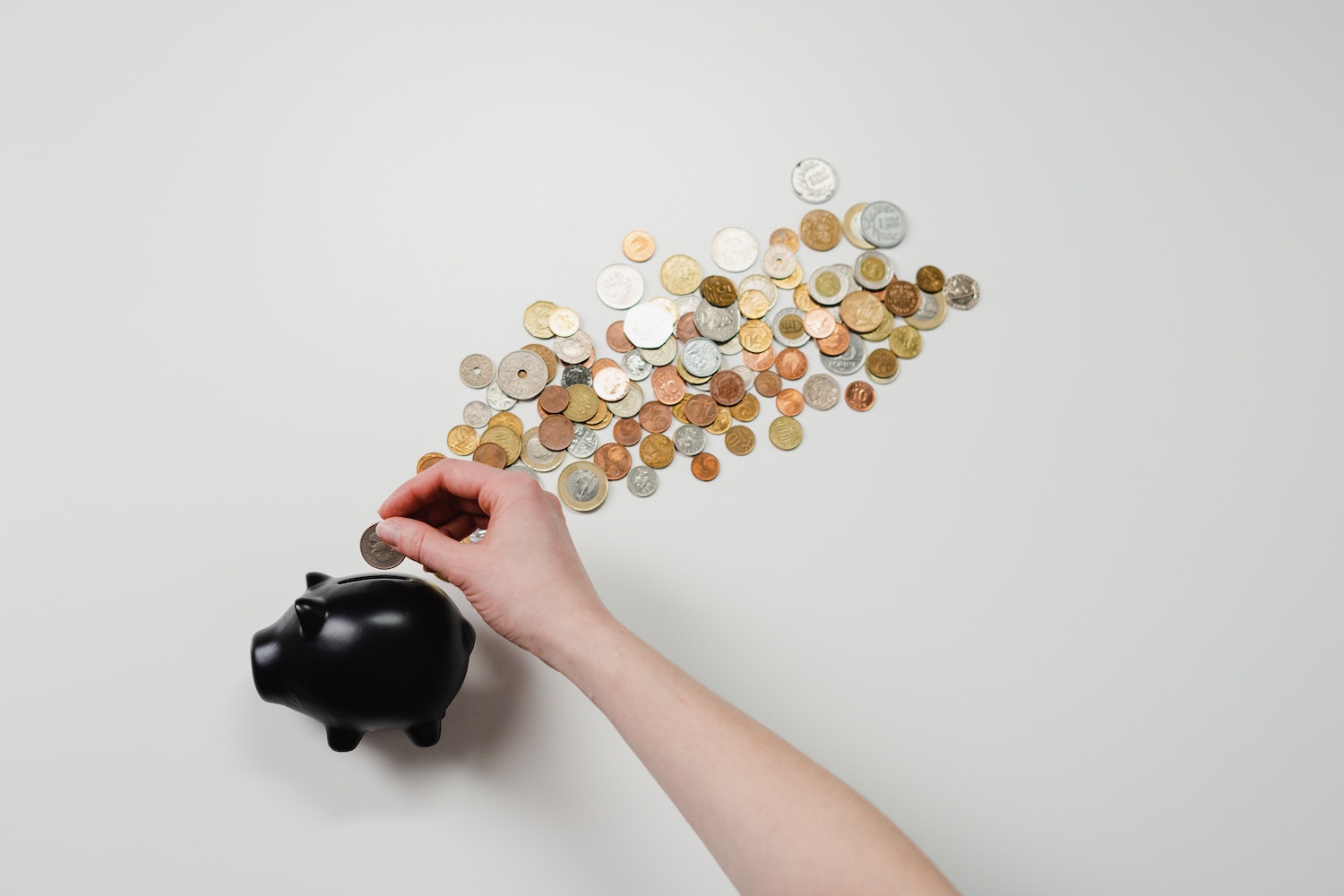Why should you care?
Struggling to save? Putting money aside when you’re broke might sound impossible, but you can start saving even when things are tight. Saving when you’re broke sure isn’t easy – but it’s definitely worth it. An overhaul of your financial habits can help bring security and peace of mind. Hey, you’ve got to start somewhere!
What will you learn?
How to transform your spending even on the tightest of budgets.
Good spending habits
When money is tight, saving may feel impossible, but it is never too late to get into good spending habits – everyone has to start somewhere. Practising mindful spending is one of the best ways to learn good spending habits when you’re short of money.
Knowing whether to save or spend your money becomes a lot less foggy when you’re clear on the goals you’re working towards. Mindful spending involves setting clear goals for yourself and keeping them in mind when you go to make a purchase. Put things into perspective – will spending this money help me reach my goal this month?
Another way to create good spending habits is to avoid your spending triggers. If you know you are easily swayed by your favourite brands marketing emails, then consider unsubscribing from their mailing list to avoid any triggers or urges to spend money.
Lastly, creating good spending habits means working out if the money you need to spend is spent in the best way. Do your research and for new purchases, shop around for the best deals. If you need a new TV, for example, could you find a deal that spreads the cost out over a few months to avoid paying a lump sum out now.
Pay yourself first
One of the best ways to save when you’re broke is to pay yourself first. Paying yourself first means putting a portion of your salary away in savings as soon as you get paid so it’s harder to spend that money and you don’t end up spending it on anything else. The act of paying yourself first means that you’re paying your future self a portion of your current self’s salary, and that’s important when you have big saving goals in mind. Aim to set up an automated standing order to avoid forgetting and think about it like you would think about paying a bill.
Make a budget
One of the most simple ways to save money when you’re broke is to budget! You can make a budget by tracking your spending and seeing where you can make changes to save money. Where in your budget could you spend a little less? Could you change energy providers to save some money? Could you think about moving to an area where you pay less rent? Identify any costs that can be cut, maybe even try a spending freeze of having a month of only paying for essentials.
Using cash to help you budget
One of the best ways to save when you’re broke is to withdraw a set amount of cash per week or month to live off. Being able to visually see the money you are spending helps you to stick to a strict budget and makes you more mindful of the money you do spend. This doesn’t have to be a long term habit, just try it for a couple of weeks or whenever you need reminding how to stick to a budget!
Saving vs. paying off debts
The question people often ask when they’re on a tight budget is whether they should be putting money away into savings or trying to pay off debts first.
This depends on the individual’s circumstances but often the best thing to consider is how much interest you’re paying on your current debts.
If you are paying a higher rate of interest on your debt than you are earning in savings then it could be better to pay off the debt, as not paying them will only increase the amounts you owe.
However, it is always a good idea to ensure you have access to some savings, incase something unexpected were to happen.
For debts where you’re paying little to no interest, work out a way to find a balance so that you’re both saving and paying off debt at the same time.












